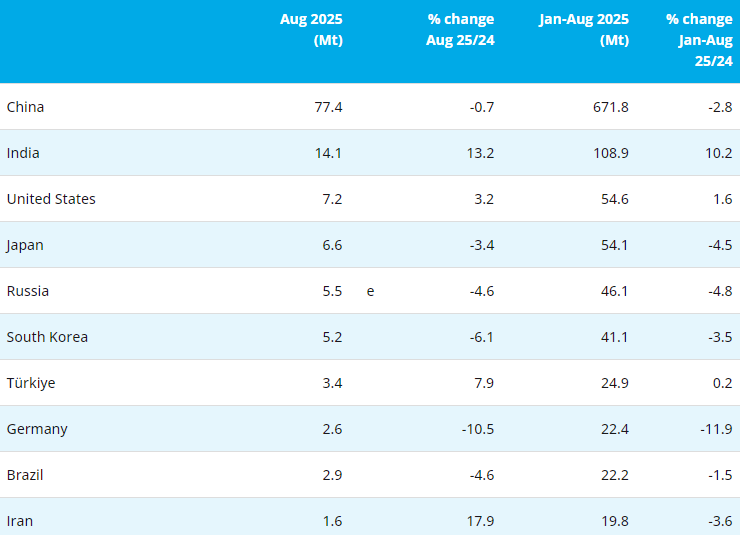Tax, pension, R&D and industrial policy to promote structural changes
in recent China MIcro Economic conference,Many speakers discussed specific policies to promote consumption, services, and new industries:
Mr. Cai Fang highlighted that the rural pension system will likely cover 100% of rural residents in 2012 from current 23%, which would imply that the government is running ahead of the schedule as the original plan aims for 100% coverage by 2020. This reform should support rural consumption.
Mr. Jia Kang of the Ministry of Finance expects that the personal income tax system to be simplified, e.g. by reducing the nine income tax slabs to 5 or 6), which would effectively reduce the tax rate that low- and middle-income earners currently pay.
Several speakers also mentioned that a pilot program for converting the business tax to VAT in the services industry is likely to be launched soon. This reform will support the service industry by reducing the effective tax rate.
Mr. Hu Chunli of NDRC believes that in order to achieve the goal to boost emerging industries (such as new energy, energy saving, environmental protection, high-end equipment, etc) to 8% of GDP by 2015, China needs to invest massively in R&D and to improve IPR protection. Incentives for innovation at SOEs are obviously insufficient at present and, in our view, the privately owned firms will benefit significantly more in emerging industries.
Mr. Cai Fang pointed out that wages of migrant workers have risen rapidly and are converging to levels for graduates. This implies that the current college education offers little productivity gain and, therefore, must be reformed by private sector participation.
- [Editor:editor]



 Save
Save Print
Print Daily News
Daily News Research
Research Magazine
Magazine Company Database
Company Database Customized Database
Customized Database Conferences
Conferences Advertisement
Advertisement Trade
Trade

















Tell Us What You Think